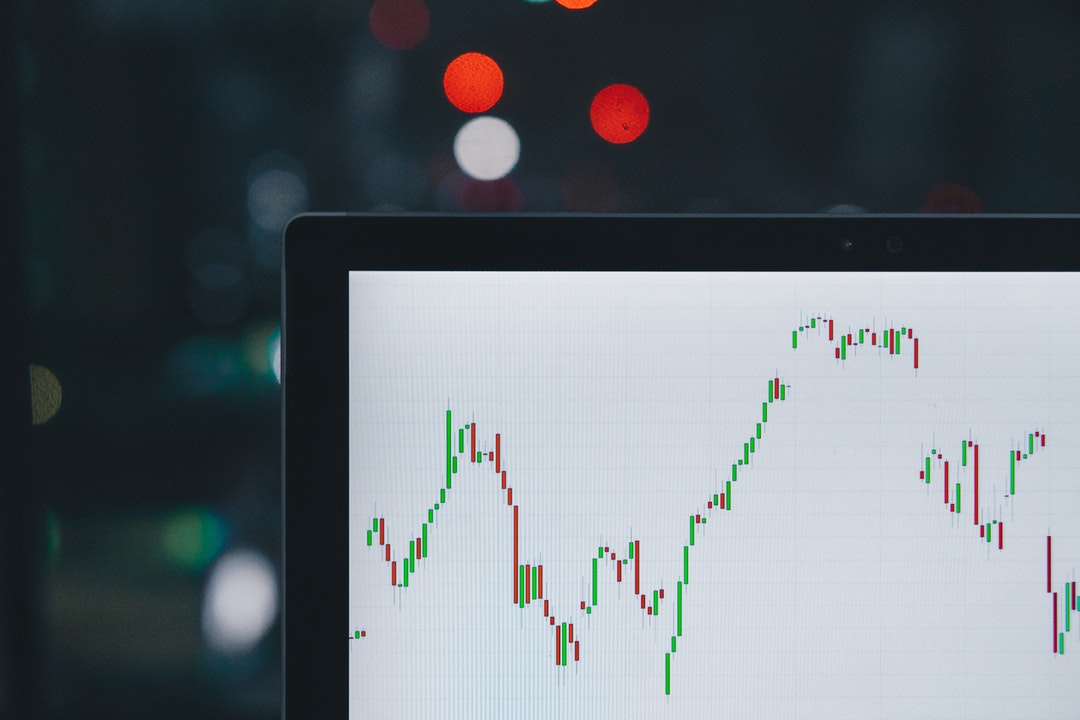5 Things to Know About Equity Research

15 May 2019
Ever wonder how stock evaluation decisions are made? Here are 5 things everyone should know about equity research.
In the world, there are 60 major stock exchanges with a combined value of $69 trillion. Out of the 60 exchanges, 16 have a total market capitalization of over $1 trillion. A few of the exchanges are the NASDAQ, NYSE, Euronext, London Stock Exchange, and Korea Exchange.
Between the 60 stock exchanges, the value of stock traded in 2015 was $99.787 trillion. In late 2018, the value of stock traded was $68.179 trillion. The decline in stock traded was experienced across all regions.
When it comes to trading, insightful ideas from equity research help to determine if a stock is worth trading or not. Experienced investors look at key indicators such as market price, and financial models. These help investors make smart decisions.
When it comes to investment banking, things are different. Instead of one person conducting research, you have a group of experienced individuals. They carry out equity research by focusing on a small group of stocks.
What Is Equity Research?
This is a process where researchers analyze and produce reports to help users make smart decisions. It can also refer to a division responsible for the research used by investment bankers.
Simply put, equity research involves:
- Researching economic and industry parameters
- Performing fundamental analysis
- Carrying out a valuation of listed companies
- Projecting the profits and revenues of companies
- Making comparisons between market price and fair value
For instance, if the research reveals that fair value is greater than the market price, that informs the investor to buy. In case the fair value is less than the market price, it is a clear sign to sell.
Why Equity Research?
In equity research, information and insight gathered are useful to:
- Investment bankers and institutions
- Investors
Researchers spend a lot of time analyzing a company business model, and its stock value. The reason for doing so is to provide valuation estimates and earnings. Thanks to useful insights, it helps to fill a lot of information gaps specific users did not have.
For instance, thanks to equity research, investment bankers are able to value companies for IPOs and mergers.
When it comes to investors, they are looking for insight into valuable stocks they can buy and sell. In equity research, analysts carry out a detailed analysis of a company. This information is compiled as a report and helps investors decide when to buy, and sell.
It also helps them decide how much funds to allocate.
Sell-Side vs Buy-Side Equity Research Analyst
A sell-side equity research analyst builds models that project the financials of a company. The analysts also engage in a qualitative analysis where he or she gets to meet with suppliers.
To provide detailed analysis, the analyst will carry out research on a short list of companies. This information is compiled into a report and given to clients.
For a buy-side equity research analyst, he or she analyzes a large number of companies. By doing this, the analyst identifies the greatest performers in the market.
Why Equity Research Is Integral in Decision Making
For investors and investment bankers, equity research is a must-have for smart decisions. Thanks to insights and reports, users can estimate the growth rates and valuations. Also, it helps to provide recommendations on whether to buy, sell or hold.
Want to stay informed about your assets and their future? We at Solera can help. Contact us today!

